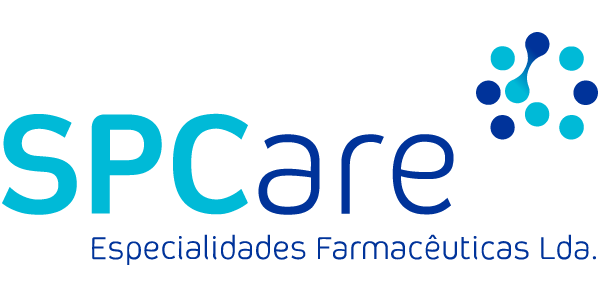20 Apr OPINION

European Day for the Rights of Patients: Citizen’s rights live an opportunity for growth and empowerment
By: António Carneiro, coordinator of the Center for Bioethics Studies at SPMI
tuesday, April 20, 2021 12:03
As part of the European Day of The Rights of Patients, marked on April 18th, the opinion of António Carneiro, coordinator of the Bioethics Studies Centre of the Portuguese Society of Internal Medicine (SPMI), on the rights of sick citizens in a pandemic setting.
In a few moments of recent history we have had such a clear notion of how important it is for the citizen to be an active part in the preservation of his health and in the co-responsibility in the treatment of the disease. The pandemic by SARS CoV-2 (COVID-19) has destituated hidden realities and made it clear that no one is free to contract “a highly infectious aggressive flu with successive mutations” and with significant mortality. The response of the health system, with particular emphasis on the NHS, was decisive for the control of the pandemic, despite the mishaps of travel. It was clear that only with a strong and resourced health service can the citizen’s right to preserve his health and be helped in the event of illness.
In the background, the technology develops vaccines in record time and with proven efficacy. Science has made (and will continue to make) remarkable progress in the treatment of new and old diseases. However, the costs involved condition access to innovation, treatments and patents, sometimes as suffocating constraints. The older, the multimorbility and the citizens with the lowest resources are the most invalidated and are most confronted with insufficient resources to take care of and treat themselves. Only a strategy of solidarity and co-responsibility of all can minimize these inequalities.
The experience of the pandemic in homes and the social sector, which remained apart from the health system, made it clear that social constraints, the integration of care and access to health services are basic needs in the preservation of health and in the fight against the disease. Aging, multimorbidity, complex disease and loss of faculties to ensure self-care are not matched in hospitals if there is no local and local infrastructure capable of ensuring monitoring and support. Here too we learn to deal with our specificities and diversity, understanding that the social sector and health are facets of the same polyhedron. Access to local health units committed and able to take responsibility for their users are basic and essential rights when coordinated with an intervening public health, preventive, integrative and capable of informing and training the citizen.
The increasing digitalization of care provision, communication between citizens, access to information and the growth of electronic medical records, have radically changed the relationship between health professionals and citizens. They are the biggest and most promising challenge to the health services organization model. Citizens’ rights live an opportunity for growth and empowerment of the person as never before, but at the same time they are threatened by innumerable possibilities of violation of privacy and unequal access for the info-excluded.
If Europe deepens its integration, in-hospital cooperation and the self-sufficiency of basic needs, it can be an opportunity for complementarity and subsidiarity. The increase in scale allows for profitability and rationalization of resources, but their legitimation depends on how to recognize the primacy of the citizen, the importance of caring for the vulnerable person while respecting the dignity of the person when defining socio-political priorities.
Portugal has taken steps in this direction and the experience of the pandemic has caused the rupture of countless ancestral blocks and ankylosis, creating so many other opportunities to improve …


